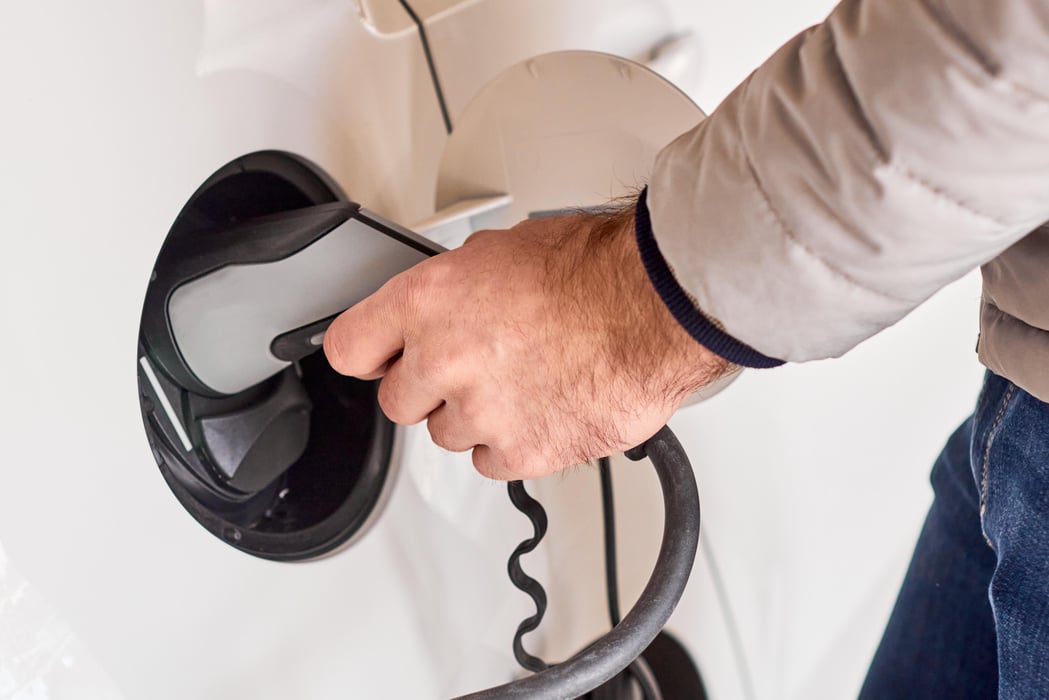Electric Car Power Chargers Safe for Patients With Cardiac Devices

THURSDAY, April 27, 2023 (HealthDay News) -- The use of electric cars with high-power chargers appears to be safe for patients with cardiac devices, according to a study published online April 17 in EP Europace to coincide with the annual meeting of the European Heart Rhythm Association, held from April 16 to 18 in Barcelona, Spain.
Carsten Lennerz, M.D., from the Technical University of Munich in Germany, and colleagues evaluated the safety of "high-power" charging stations for patients with cardiac implantable electronic devices (CIEDs). The analysis included 130 CIED patients monitored using 6-lead electrocardiograms while they performed 561 charges of four battery electric vehicles and a test vehicle (350 kW charge capacity).
The researchers observed no incidences of electromagnetic interference (EMI), specifically no oversensing, pacing inhibition, inappropriate tachycardia detection, mode switching, or spontaneous reprogramming. In both a patient-based analysis and charge-based analysis, the risk for EMI was 0 of 130 and 0 of 561, respectively. Along the charging cable and the charging station, the effective magnetic field was 38.65 µT and 77.9 µT, respectively.
"Reasonable caution, by minimizing the time spent in close proximity with the charging cables, is still advised as the occurrence of very rare events cannot be excluded from our results," the authors write.
Related Posts
AHA News: ‘Supernatural’ Actor Had a Stroke at a Fan Convention. Now, He’s Giving Back in His Own Way.
MONDAY, Dec. 5, 2022 (American Heart Association News) -- Actor and musician Rob...
FDA Warns of Rare Cases of Certain Cancers Linked to Breast Implants
FRIDAY, Sept. 9, 2022 (HealthDay News) – The U.S. Food and Drug Administration...
Subset of Stage I Melanoma Patients ID’d With Very Low Mortality
MONDAY, Nov. 7, 2022 (HealthDay News) -- A subset of melanoma patients with...
U.S. Prisoners Face Higher Odds of Dying From Cancer
MONDAY, Sept. 26, 2022 (HealthDay News) -- Here's another reason to stay out of...
